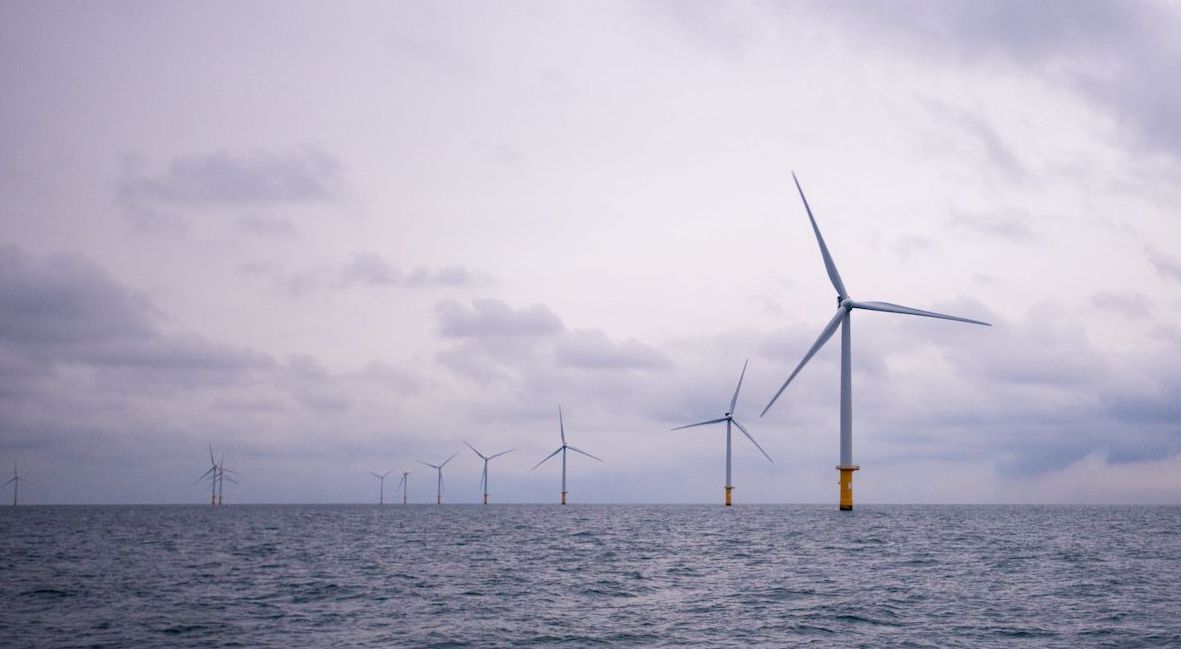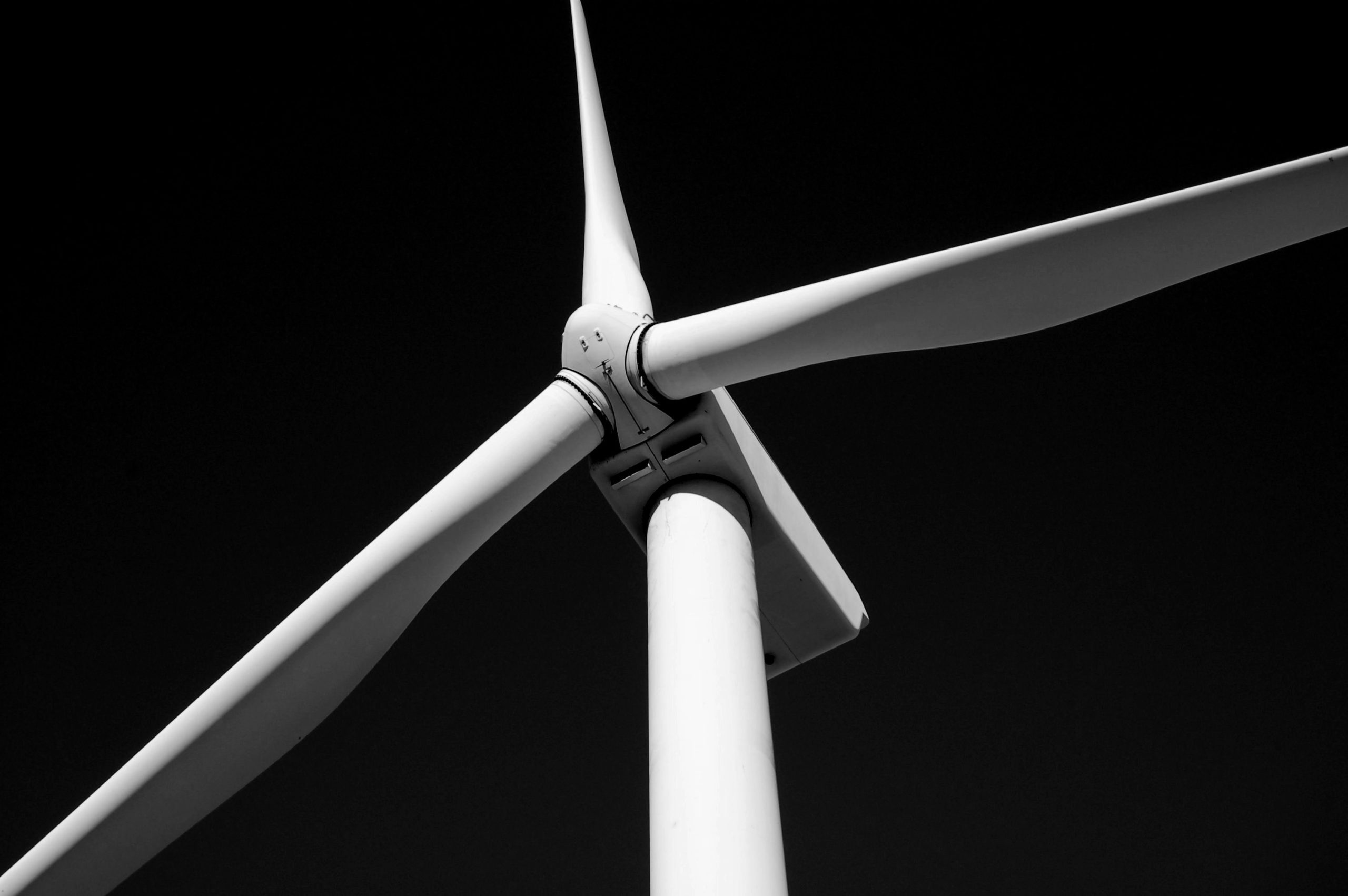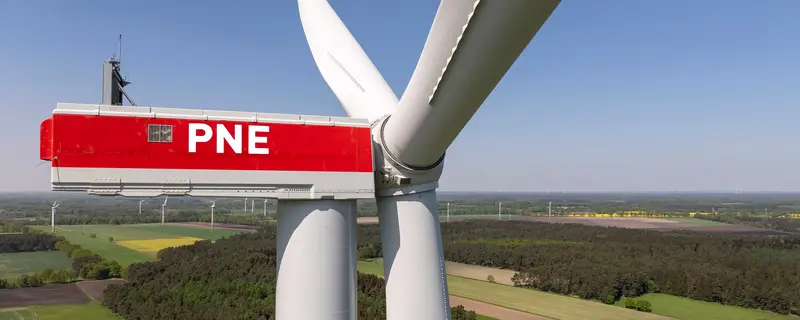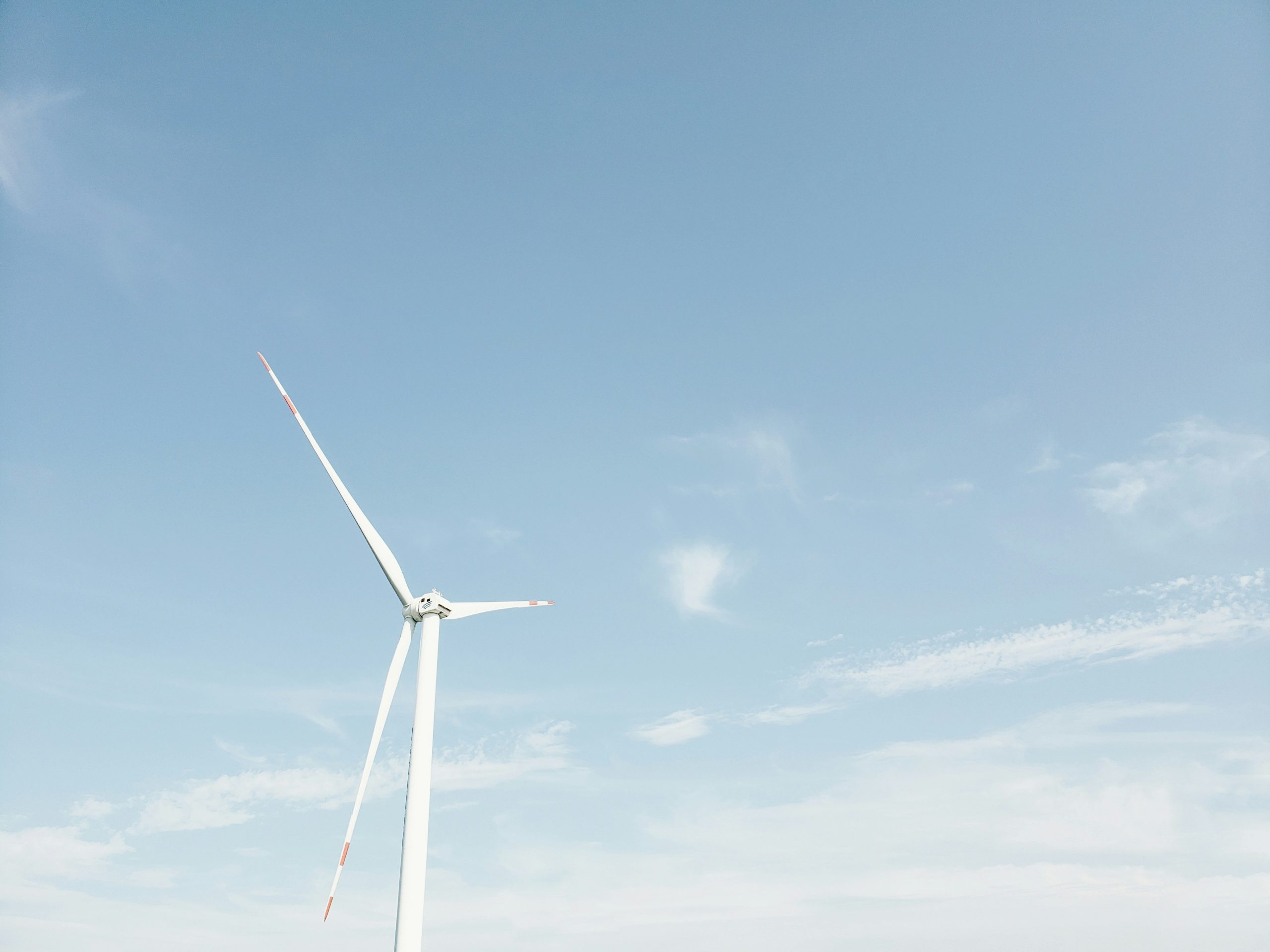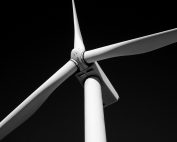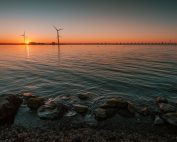BUND, the German non-profit environmental organization, is calling for the reduction of offshore wind energy expansion in Germany to 15 GW over the next ten years. He underlines that while the energy transformation is justified, it should be carried out with respect for the marine environment.
In 2020, the German government adopted an amendment to the offshore wind energy act, which sets new targets for capacity expansion by 20 GW until 2030 and 40 GW until 2040. The federal government is currently working on a new maritime spatial development plan that aims to integrate the requirements for the maritime transport, wind energy and environmental protection sectors in the Exclusive Economic Zone in the North Sea and the Baltic Sea until 2031. At the end of 2020, about 1,500 wind turbines with a capacity of 7.8 GW were in operation at sea, and the expansion of offshore wind energy involves reconciling the interests of all industries.
BUND has prepared a study entitled “Climate protection only with the protection of marine nature”, which he published in connection with participation in the consultations of the spatial development plan. The organization is concerned about the destruction of the marine environment. Olaf Bandt, president of BUND, emphasizes that the development of offshore wind energy must serve two purposes at the same time – protecting the marine environment and climate, but also limiting climate change. The development of wind turbines and the power grid should be carried out in harmony with European nature protection objectives, e.g., in the Wadden Sea area. In 2009, this reservoir was inscribed on the UNESCO World Heritage List.
Already today, the condition of German seas is not good, so it is necessary to reduce the burden on marine and coastal ecosystems.
– Offshore wind energy must not continue to burden unique marine protected areas and coastal national parks such as the Lower Saxony Wadden Sea National Park. Maritime expansion in the North Sea and the Baltic Sea is possible up to a maximum of 15 GW until 2030, said Heiner Baumgarten, president of BUND Lower Saxony.
BUND explains that sea birds, migratory birds and porpoises are losing their habitats and feeding grounds. Even though offshore wind farms are built only on the boundaries of protected areas, they still have an impact on them, and the protected areas are de facto reduced. Years of cable extension and laying work can permanently disturb and deter animals.
What BUND offers an alternative to offshore wind energy? Develop wind energy, but on land in combination with solar energy. Onshore energy is produced three times cheaper than offshore. Germany should strengthen the development of the power grid on land, increase investments in home photovoltaic installations and energy storage.
